Build Immersive Worlds Through Advanced AR/VR Development
Learn to craft interactive game environments that push boundaries. Our hands-on program guides you through spatial computing, physics simulation, and real-time rendering techniques used in professional studios.
Explore Our Curriculum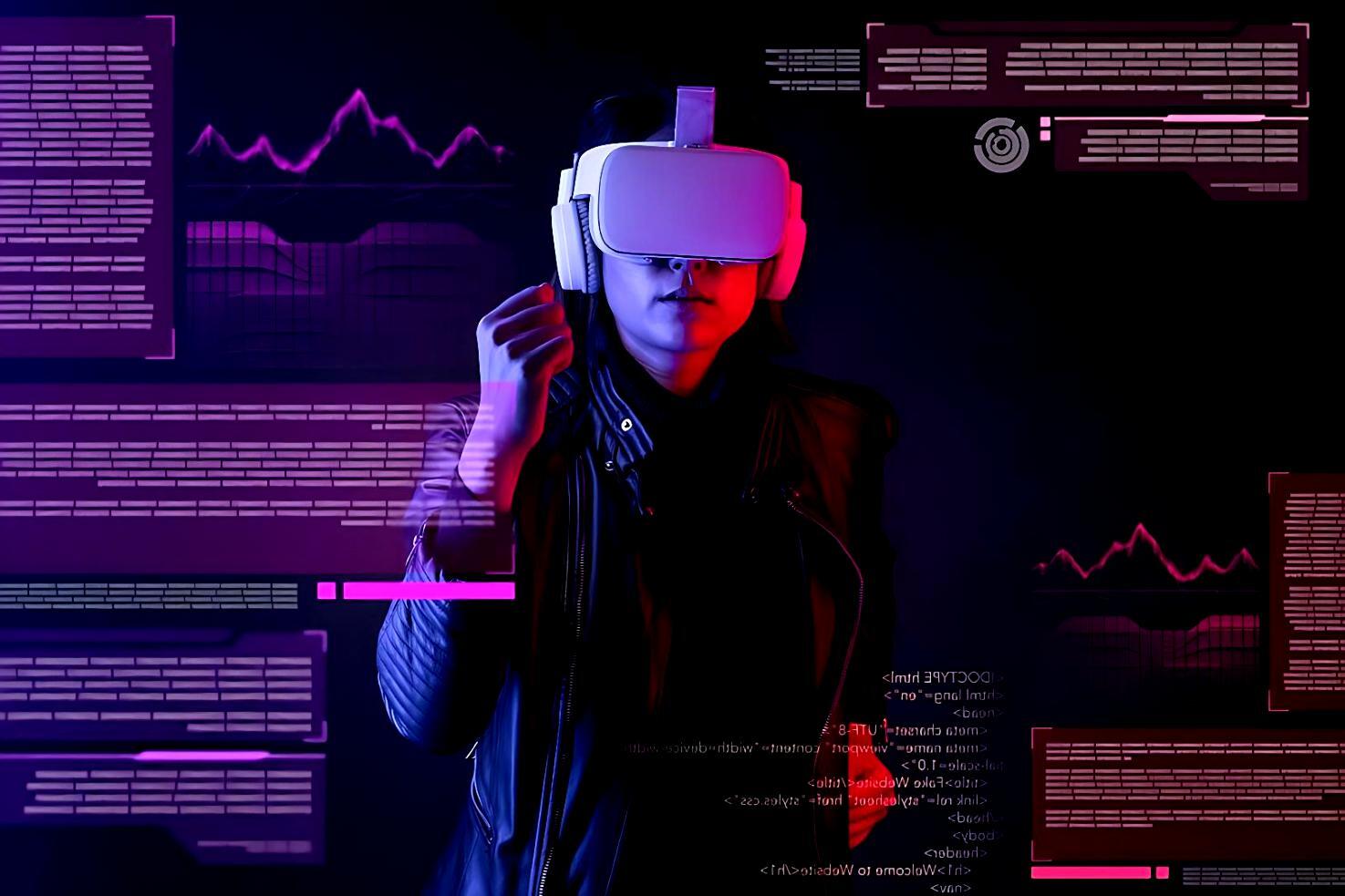
Your Development Journey
We break down complex AR/VR concepts into manageable phases. Each module builds on what you've learned, moving from foundational principles to production-ready skills.
Spatial Computing Fundamentals
Start with 3D coordinate systems, transformation matrices, and quaternion rotations. You'll understand how virtual cameras work and why proper spatial anchoring matters for believable experiences.
- Vector mathematics applied to game mechanics
- Scene graph architecture and hierarchies
- Camera projection and viewport management
Physics and Interaction Design
Move beyond basic collisions. Learn to implement realistic physics behaviors, design comfortable locomotion systems, and create intuitive hand-tracking interfaces that feel natural.
- Rigidbody dynamics and constraint systems
- Teleportation versus continuous movement trade-offs
- Haptic feedback patterns for immersive touch
Real-Time Rendering Optimization
Maintain 90fps on standalone headsets through smart culling, LOD strategies, and shader optimization. You'll profile GPU performance and make informed decisions about visual fidelity versus framerate.
- Draw call batching and instancing techniques
- Occlusion culling for complex environments
- Mobile GPU shader constraints and workarounds
Production Capstone Project
Build a complete game prototype over six weeks. From initial concept through playtesting, you'll experience the full development cycle while receiving feedback on design decisions and technical implementation.
- Project scoping and milestone planning
- Version control workflows for team collaboration
- User testing sessions with real players
Real Projects, Real Learning
See how previous cohorts tackled technical challenges. These case studies show what worked, what didn't, and the lessons that shaped better solutions.
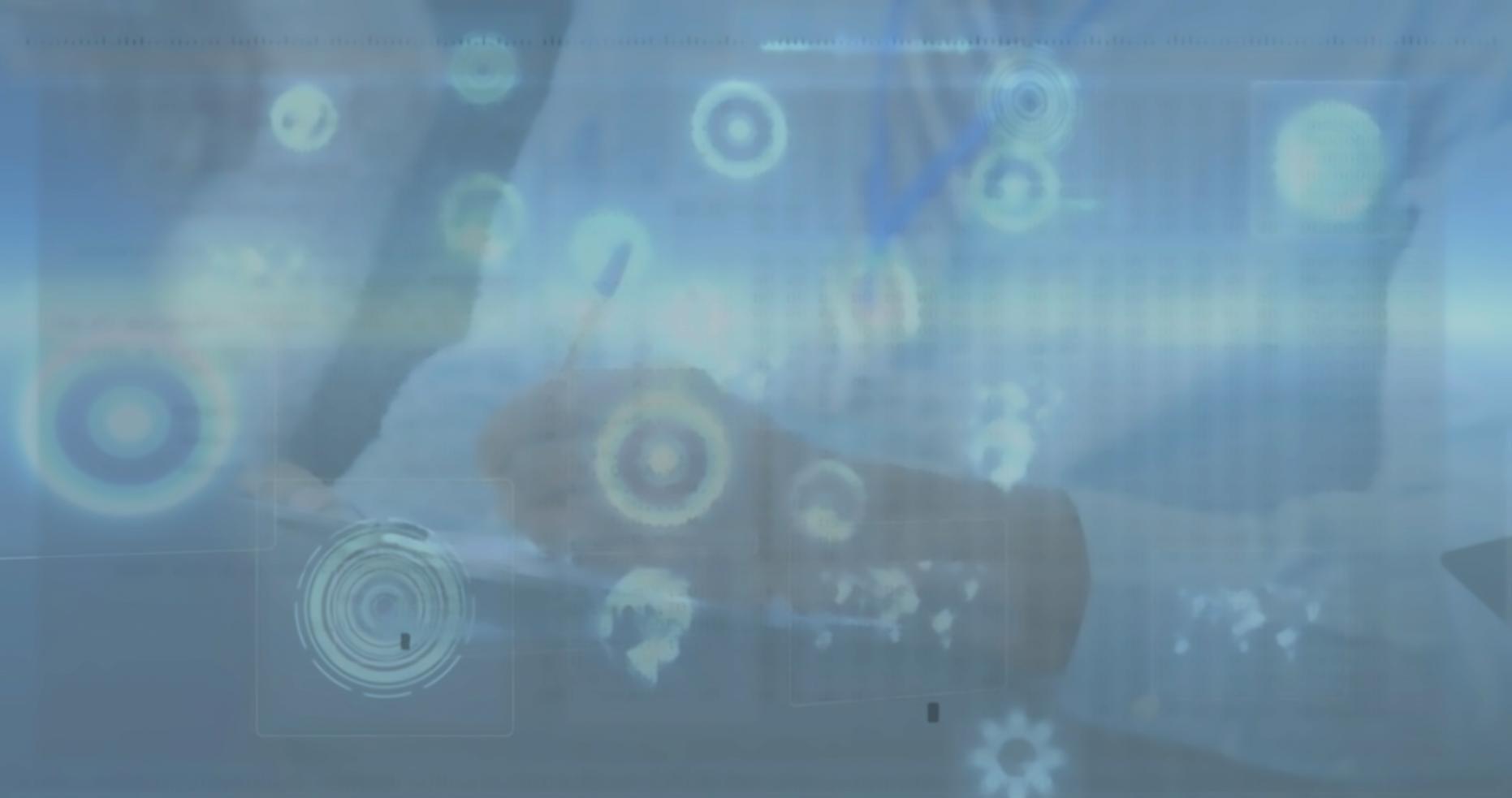
Spatial Puzzle Mechanics
Team struggled initially with motion sickness from rapid perspective shifts. They solved it by adding visual anchors and slowing rotation speeds during transitions. Final version tested well across different comfort levels.
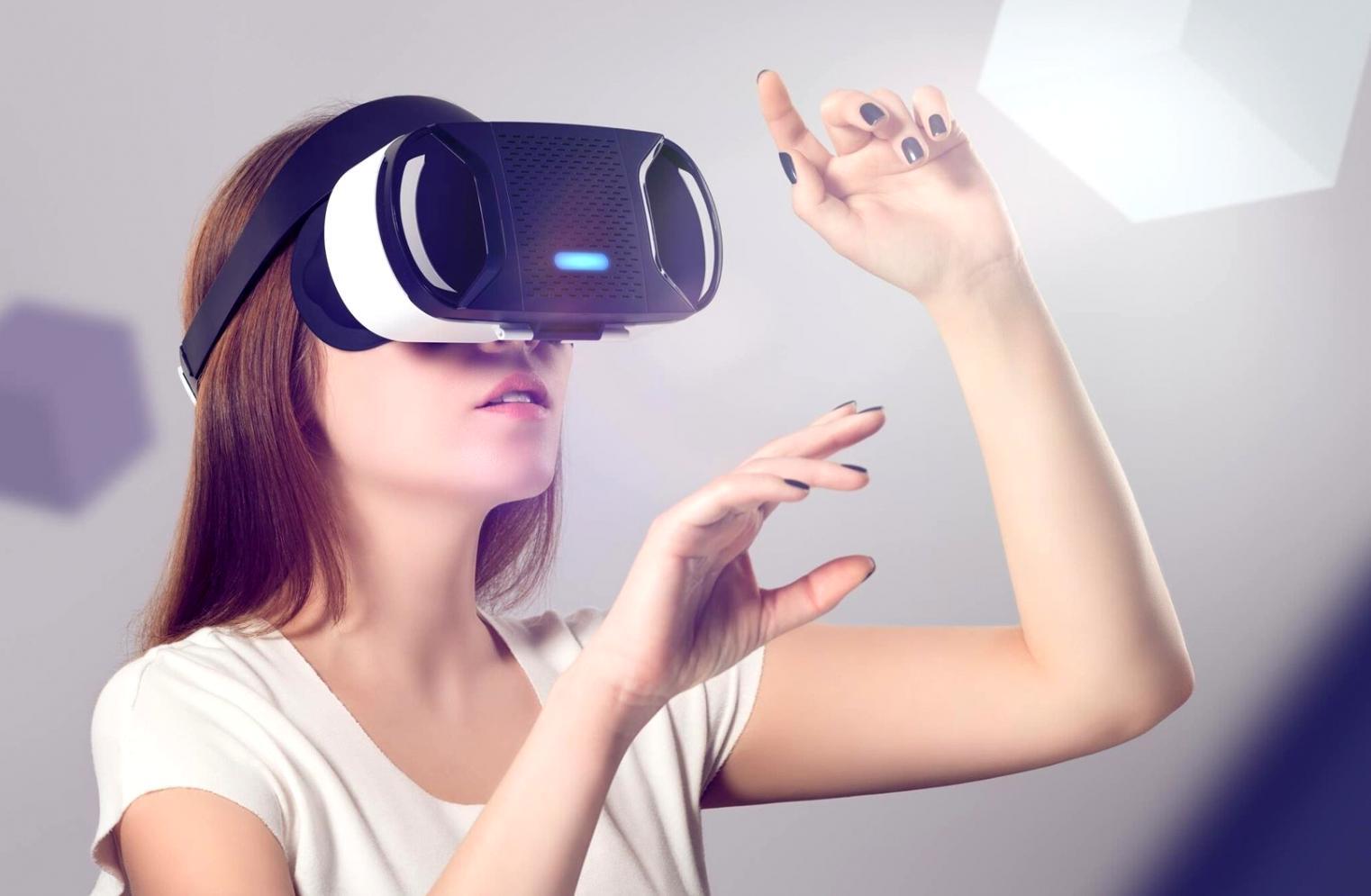
Networked Multiplayer Challenge
Ambitious networking implementation hit latency issues during beta testing. Rather than abandon the feature, developers implemented client-side prediction and got average latency down from 200ms to 45ms through smart optimization.
Learn From Working Developers
Our instructors actively ship VR titles and bring current production practices directly into the classroom. They've solved the problems you'll encounter.
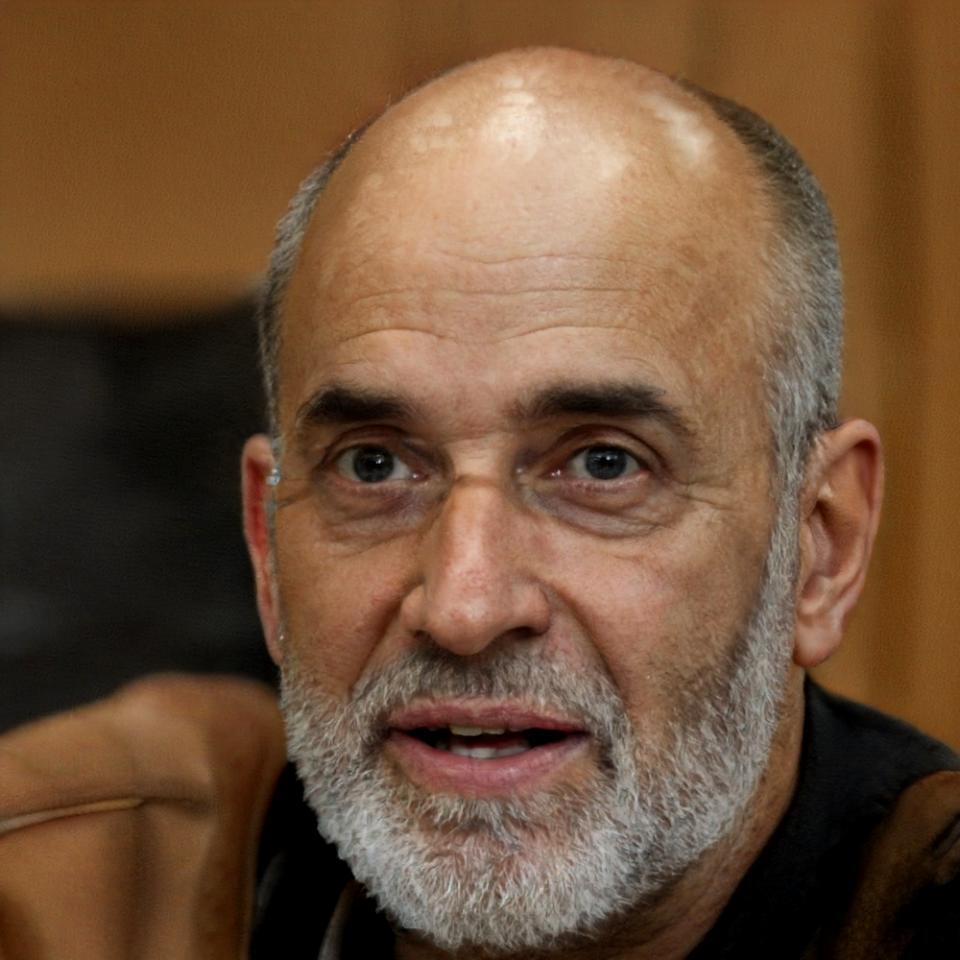
Luka Petrović
Real-Time Rendering Specialist
Spent five years optimizing graphics pipelines for Quest hardware at a Belgrade studio. Luka teaches the shader techniques and performance profiling methods that kept their title running at 90fps.
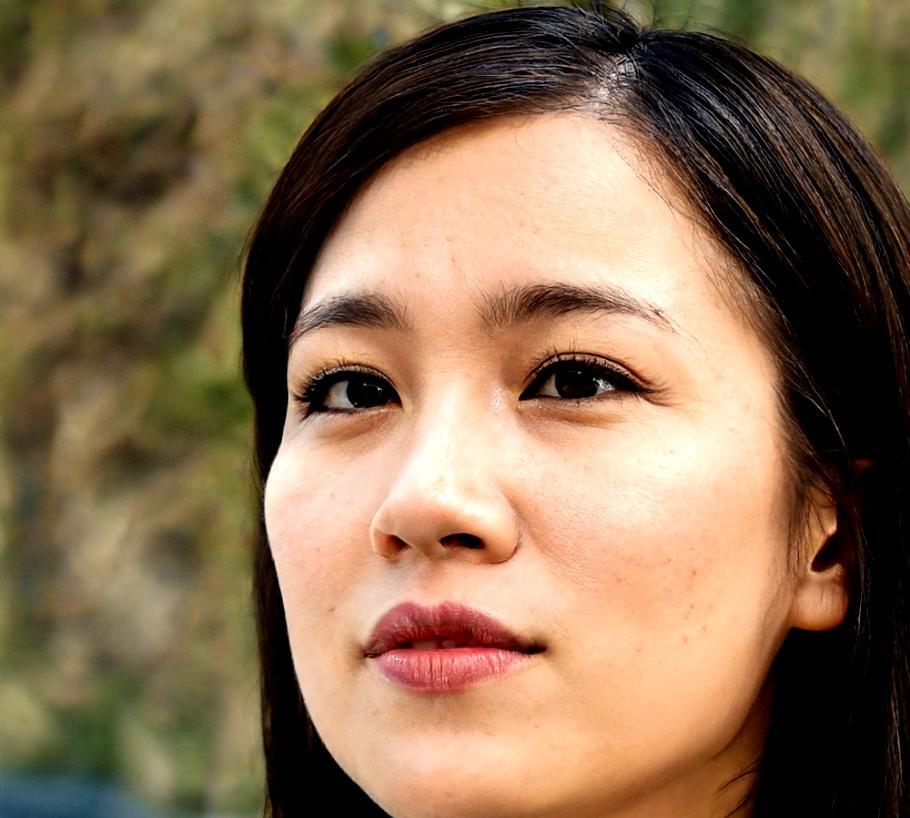
Milena Jovanović
Interaction Design Lead
Milena designs control schemes that make sense in 3D space. She conducted over 200 playtest sessions for a major VR shooter and shares what actually works when users have six degrees of freedom.
Next Cohort Starts October 2025
Application deadline is August 15, 2025. We accept 24 students per session to maintain quality instruction and ensure everyone gets hands-on time with equipment. Review the full curriculum and requirements before applying.
View Program Details